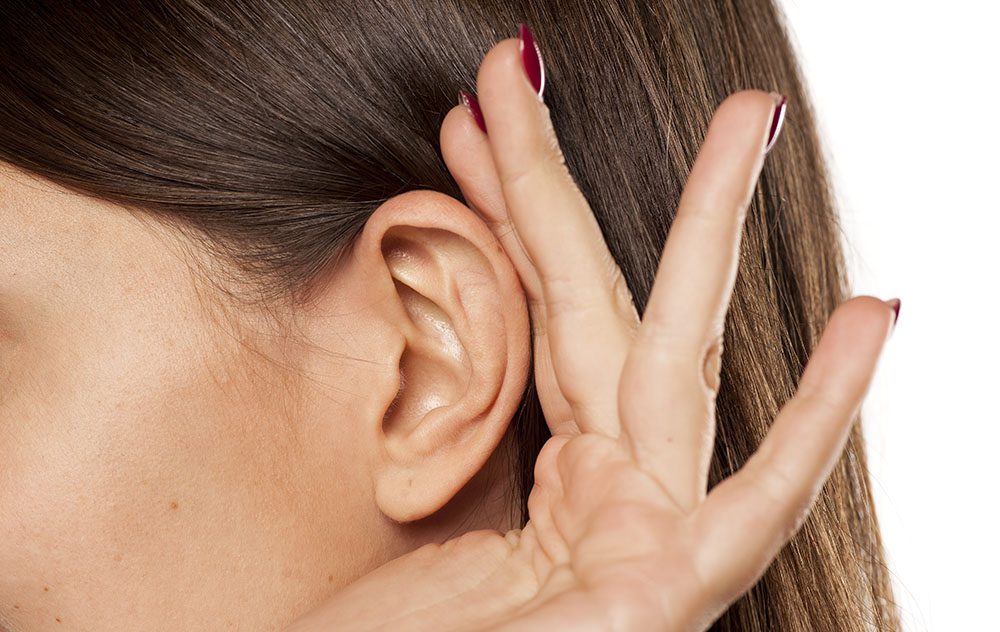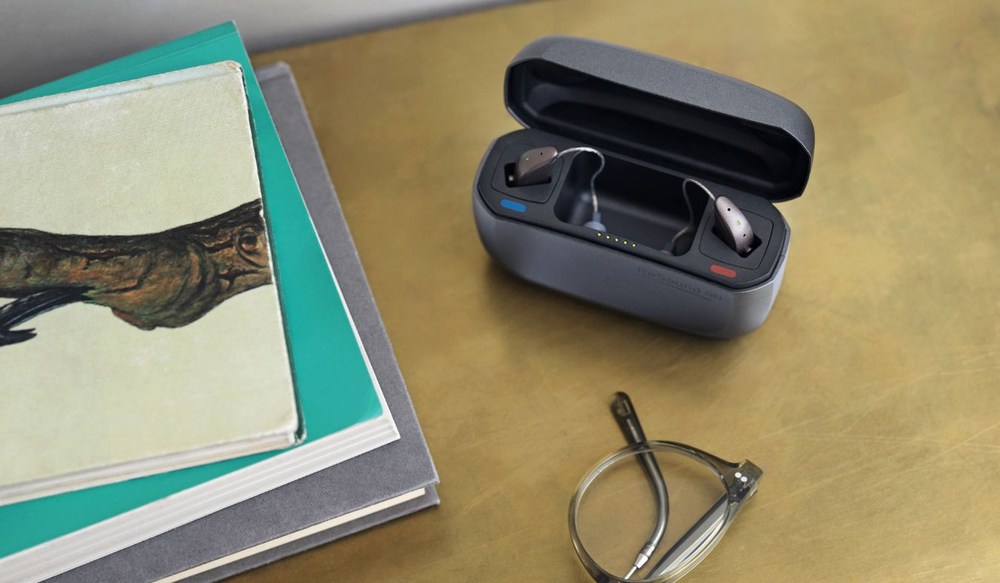How to Clean and Maintain Your Hearing Aids Properly
Keeping your hearing aids clean and well maintained is essential for
Disclaimer: 3% Processing Fee for All Credit and Debit Card Transactions


Keeping your hearing aids clean and well maintained is essential for

Choosing between rechargeable and battery powered hearing aids is an

Athletes face many sources of loud sound during practices, games and